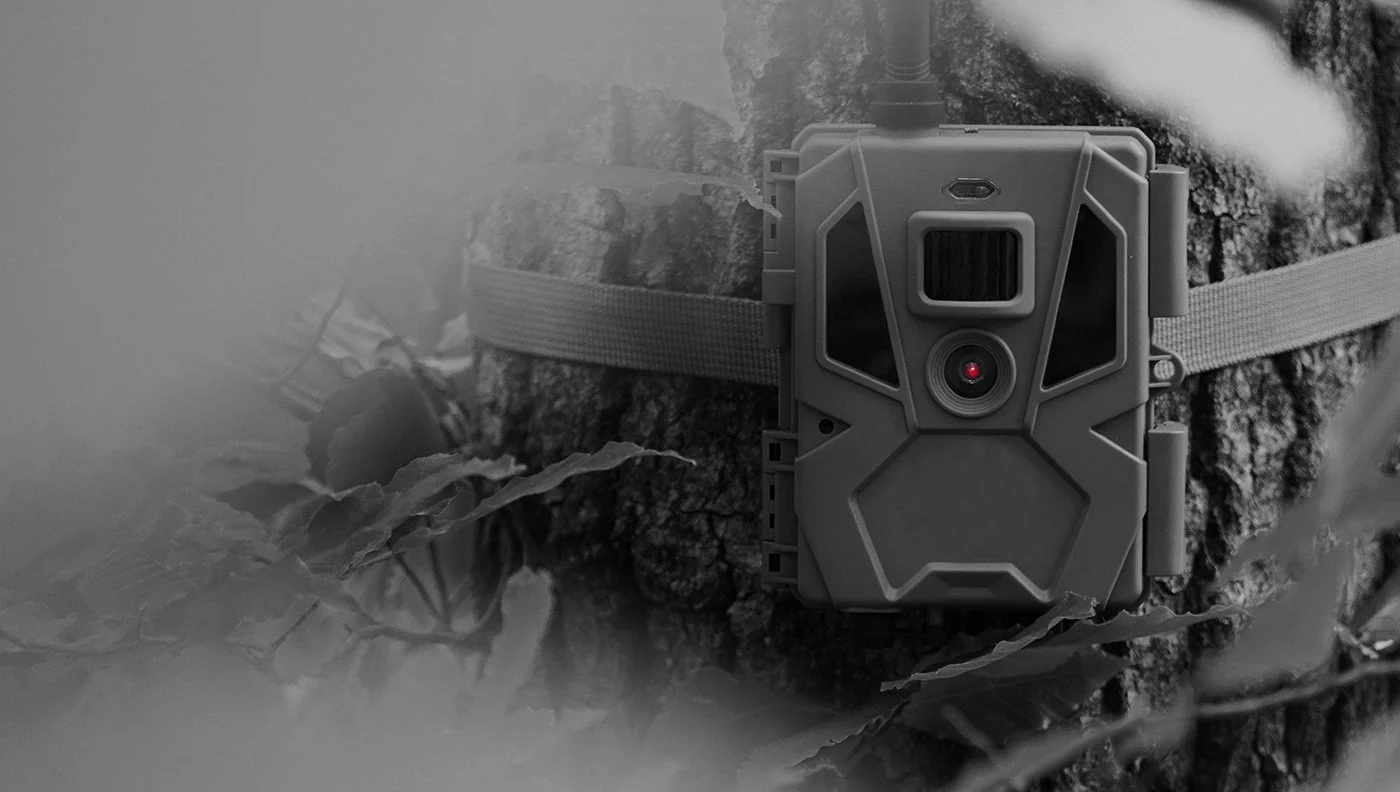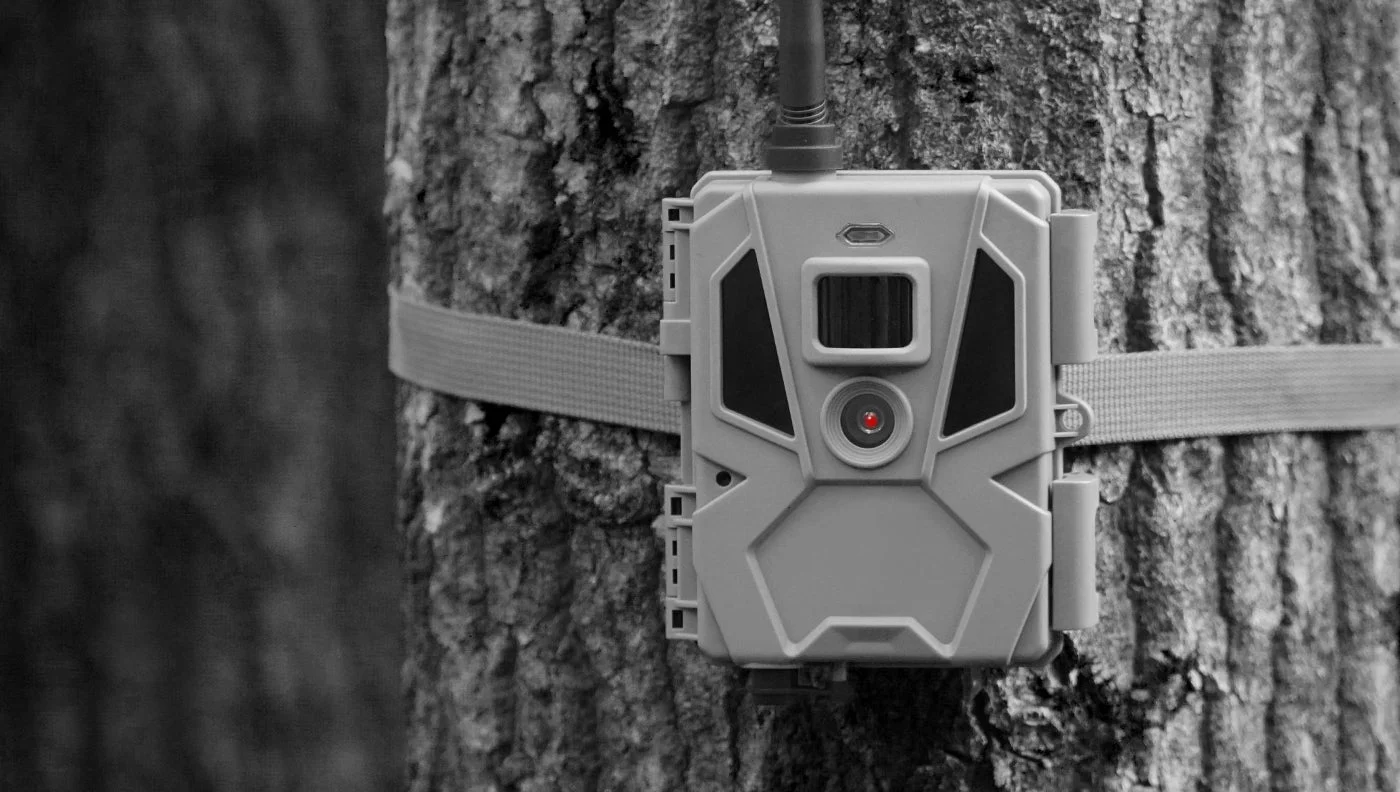In 2018, Tennessee waterfowler Hunter Hollingsworth found a hidden cellular trail camera on his property obviously placed there to spy on him. Like anyone would, he took it down—and soon found his home surrounded by law enforcement officers demanding the camera’s return.
Hollingsworth sued the wardens who planted the camera and, in March of 2022, won his case, putting a national spotlight on the near century-old practice of game wardens entering private land without a search warrant. That court decision has has fundamentally changed how officers with the Tennessee Wildlife Resources Agency are able to do their jobs—and could ultimately decide whether you might one day find a camera hidden in your trees.
Our three-part exclusive report, below, takes a deep dive into Hollingsworth’s story and the complicated issue of what game wardens should and shouldn’t be able to do on private land to protect wildlife.
Part 1: The Case of the Hidden Trail Cam

Is it okay for game wardens to plant hidden trail cameras on private property? Dave Hurteau
What would you do if wardens planted a trail camera
on your property to spy on you? Hunter Hollingsworth sued and won—and now game-law enforcement may never be the same.
Part 2: The Poacher with a Past

If you found a hidden camera on your property, wouldn’t you take it down?
Dave Hurteau
Nobody wants law enforcement spying on them. But what if wardens have good reasons to do so? What if the person they’re watching is, in fact, a poacher
?
Part 3: The Future of the Open Fields Doctrine

Tennessee wardens can no longer place cameras on private property without a warrant. But federal officers can.
Dave Hurteau
The Hollingsworth case came about because trail-camera surveillance crosses the line. Now, the Open Fields Doctrine
, which has given wardens private-land access for decades, is on the block.


